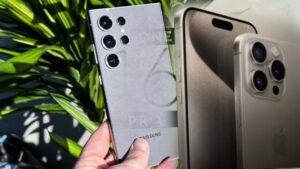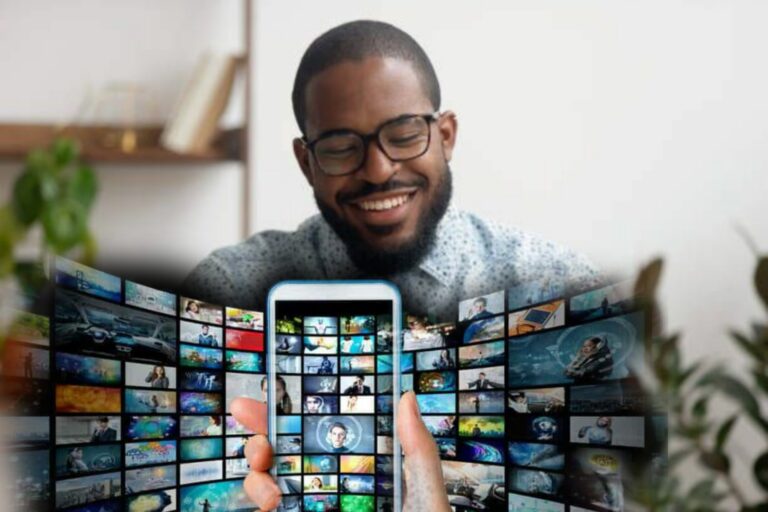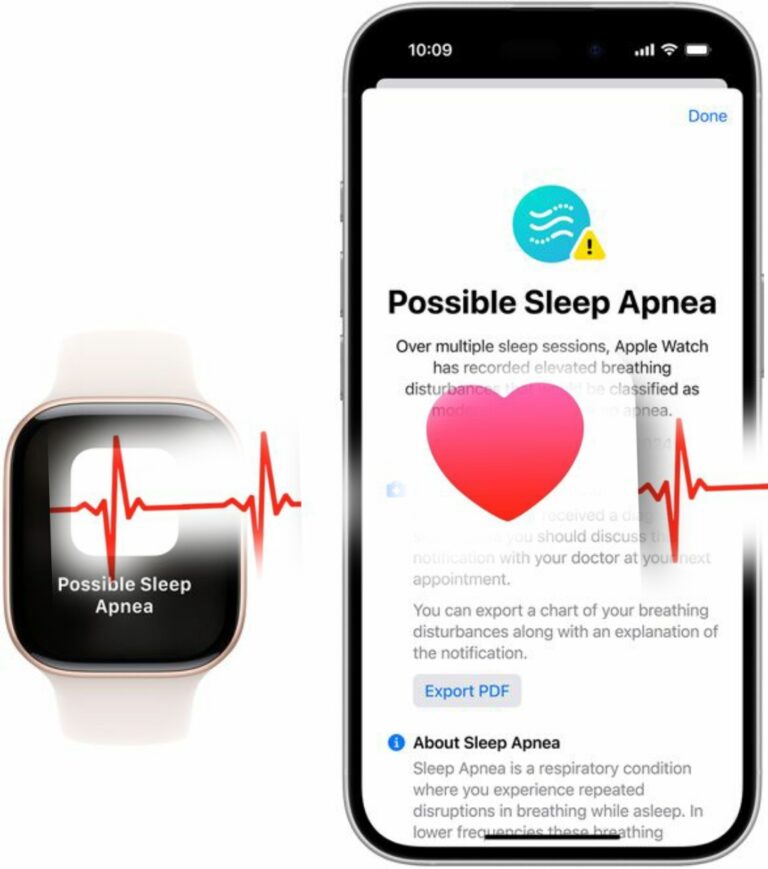
Hello everyone! I’m Stephen from Nigeria’s leading phone engineering company, and today, I want to share my insights after spending over six months comparing Android phones to iPhones. I’ll break down the key differences and help you decide which one might be the best choice for you in 2024.
Advantages of Android Phones
One of the biggest advantages of Android phones is the incredible variety of features available. For example, the “flip to shh” feature automatically activates Do Not Disturb mode when you flip your phone over. Another useful feature is “trusted devices,” which keeps your phone unlocked when it’s near another device, like your car or smartwatch.
Depending on the Android phone you choose, you’ll find unique features. For instance, Google’s Pixel devices offer call screening with Google Assistant, while Samsung’s One UI includes multitasking, edge panels, S Pen features, and more. Additionally, I’ve noticed that Google’s Messages app does a better job of filtering out spam texts compared to the iPhone.
Another significant advantage of Android is the variety of hardware options. You can choose from stunning designs like the Nothing Phone 2, various Google Pixel models, and different Samsung phones, including foldable options like the Galaxy Fold or Pixel Fold. In contrast, Apple offers only four versions of the iPhone.
The Android ecosystem also allows for a wide range of customizations. You can change the look and feel of your device by installing different launchers, and sideloading apps is relatively easy. This is in contrast to iPhones, where sideloading is more complicated. However, due to the European Digital Markets Act, both Google and Apple will be required to allow sideloading and third-party app stores in 2024, which will change the landscape for iPhone users in Europe.
Android devices also integrate well with various accessories. For example, you can use an S23 Ultra with a Pixel Watch 2 and Sony earbuds without any issues. While Apple devices work seamlessly together, third-party devices don’t always integrate as smoothly within the Apple ecosystem.
The Google Assistant is another advantage of Android. It’s generally more capable than Siri and can perform tasks like finding specific photos or answering general queries more effectively. However, I’ve noticed that it sometimes brings up web results instead of providing direct answers.
When it comes to software updates, Pixel phones are set to receive seven years of updates, while iPhones typically get five years. Samsung has also announced that its S24 models will receive seven years of updates. Additionally, Android phones are usually more affordable than iPhones, although flagship Android models can be quite pricey.
Advantages of iPhones
Now, let’s talk about the advantages of iPhones. One of the biggest benefits is Apple’s ecosystem, which includes a seamless integration of devices and software. The iPhone works beautifully with other Apple products like the Mac, iPad, Apple Watch, and AirPods. Features like Continuity allow you to pick up where you left off on your Mac, and Universal Clipboard lets you copy and paste between devices effortlessly.
AirDrop makes transferring files between Apple devices quick and easy, and AirPlay allows you to stream content to compatible TVs and speakers. While Android has similar features, the integration is often smoother with Apple devices.
Another advantage of the iPhone is its reliability. Users often find that iPhones provide a consistent experience across devices. For example, volume control on iPhones is more intuitive, with more steps available for precise adjustments.
Software updates are another strong point for iPhones. Apple controls both the hardware and software, ensuring that most devices receive the latest updates promptly. In contrast, many Android phones do not get the newest version of Android on the same day.
Apple’s hardware quality is also consistently high. You can expect top-notch performance, excellent displays, and features like True Tone, which adjusts the screen’s white balance to match your environment.
When it comes to software feature support, new features introduced by Apple are often widely adopted by developers. For example, widgets on iOS are more aesthetically consistent compared to those on Android, where they can vary significantly between different apps.
Additionally, having access to an Apple Store for support is a major advantage. If you encounter any issues with your device, you can easily visit an Apple Store for assistance, while Android users may have to rely on third-party repair services.
Lastly, Apple places a strong emphasis on privacy. Their business model does not rely on collecting user data for advertising, which can be reassuring for many users.
Conclusion
So, which should you choose? If you enjoy customizing your phone, want a foldable option, or are looking for a more budget-friendly device, Android might be the way to go. However, if you prefer a device that just works seamlessly, has a great camera system, and often gets new apps first, then an iPhone could be your best bet.
Ultimately, both platforms have their strengths, and your choice may depend on your personal preferences and needs. Personally, I’ve switched between Android and iPhone, but I currently prefer the iPhone for its integration with my other Apple devices and services.
If you want to learn more about specific Android phones and iPhones, be sure to check out my detailed reviews and comparisons available on the website. Thank you for your time, and I hope this information helps you make an informed decision!



